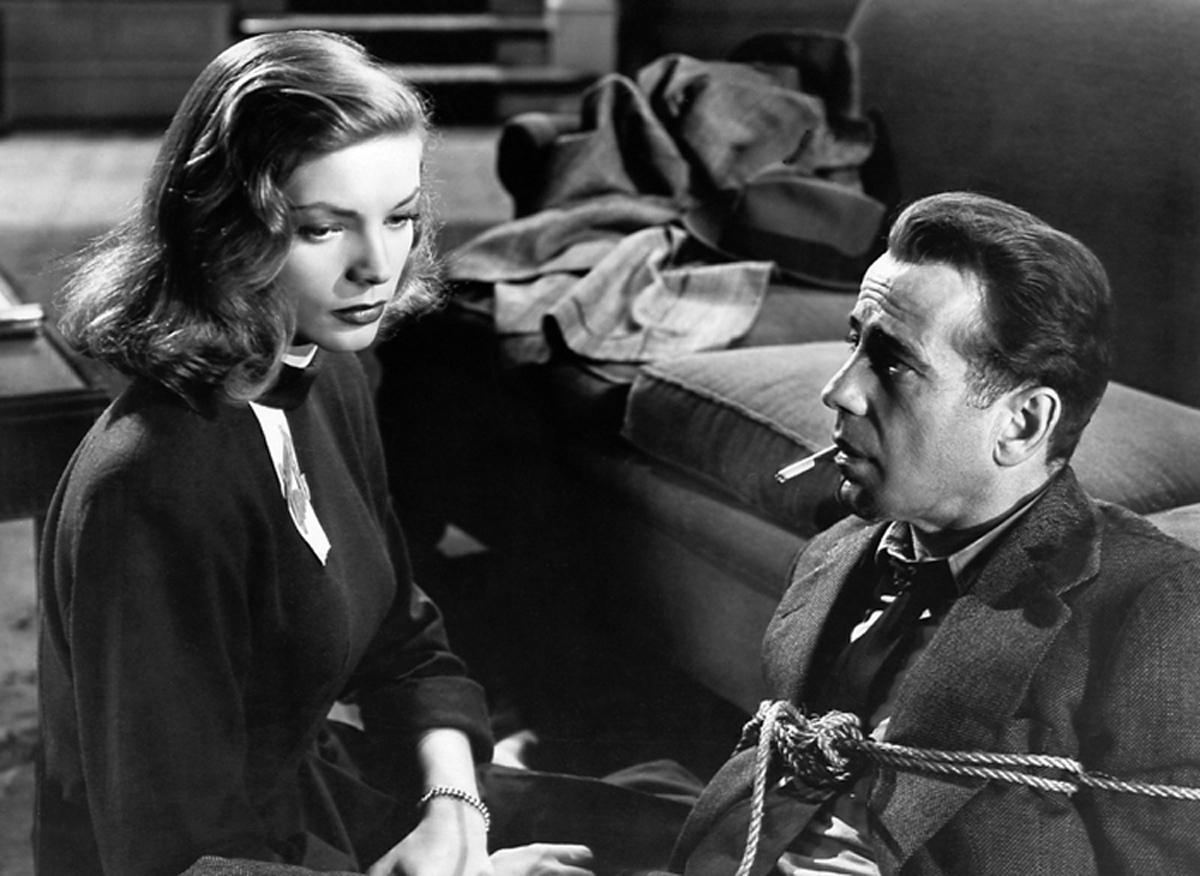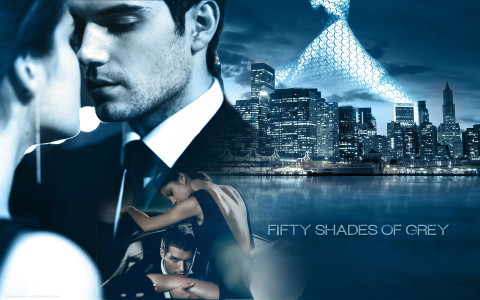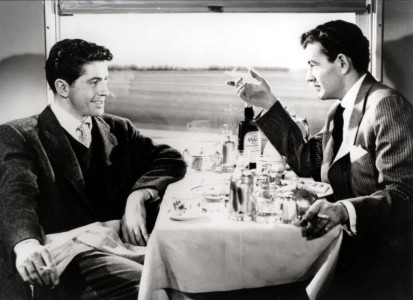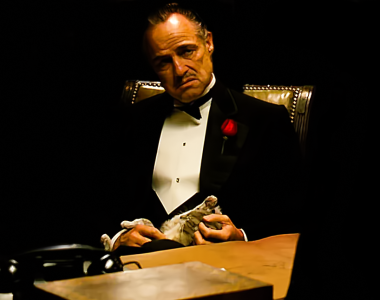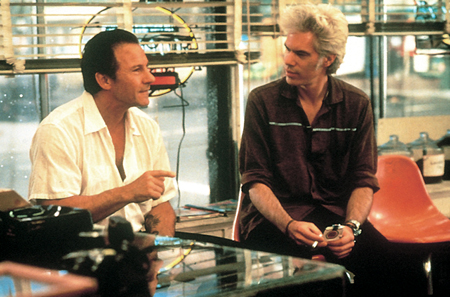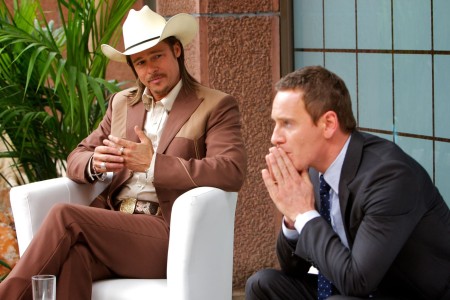As we know, novels spell big bucks in Hollywood. If a fiction series or individual novel has enjoyed relative success in the literary world, it is more than likely that it will be picked up by the cinematic world, adapted and turned into a visual reality. Most recently, we have seen how the phenomenal success of the Fifty Shades of Grey book series has translated into huge figures for the big screen. And whilst the merit of the stories is undoubtedly questionable, there’s no denying how lucrative they have proved to be. In the case of Fifty Shades of Grey, however, author EL James decided to stay on board for the movie, insisting that the writing and directing team follow her instruction. This may have been to the film’s disfortune; countless reviews have highlighted the clumsy dialogue and script writing, the words having often been lifted directly from the novel. In the case of Fifty Shades of Grey, keeping on the author during the filming process has proved problematic. But that is not always the case.
Throughout cinematic history, countless authors have turned to screenplays as a way of telling a different kind of story. Books are by nature cinematic and visual so it makes sense that those able to invoke another world through their text will be suited to the world of film. Of course, there have been varying levels of success over the years and whilst we look forward to the work of some of our favorite authors, others should perhaps stick more closely to their day job. Behold, then, a look at some of the most famous authors turned screenwriters and decide once and for all which is the more success job.
Raymond Chandler was the undeniable king of the detective novel. Through his stalwart detective Philip Marlowe, he heaped on his readers a world of dark and light, danger and intrigue, forming a hugely successful novel series. Despite Chandler’s huge success, he only ever wrote 7 works in his lifetime, 6 of which were adapted for the big screen. Despite his low output, Chandler understood how to grip audiences, how to paint a realistic scene and flesh out his characters through words. It was inevitable, then, that Chandler should shift his attention towards the big screen, bringing his inimitable understanding of sleuthing to the world of film. Double Indemnity was Chandler’s first screenplay, telling the tale of an attempted murder turned sour. Following on from this huge success, Chandler went on to screenwrite for films like Strangers on a Train and The Blue Dahlia. If it was intrigue and murder you were after, Chandler was clearly your man.
Perhaps more famously, Mario Puzo was the pen behind the hugely iconic Godfather stories. Whilst the books are now associated with somewhat trashy, disposable fare, the films are some of the most celebrated and quoted in cinematic history. Although we can credit Francis Ford Coppola’s filming style for pepping up the stories, Puzo’s screenplay was equally slick, somehow elevating the small novel characters into incredibly believable cinematic presences. Puzo worked as screenwriter on all three Godfather films as well as working on Superman and Superman II and various other films. Whilst his written work might not have been the most celebrated, his understanding of the cinema was second to none and continues to be celebrated to this day.
New York writer Paul Auster is perhaps best known for his incredibly ambitious and truly haunting short story trilogy The New York Trilogy. Auster focuses very much on the search for identity, existentialism and crime fiction in his works, often including a version of himself at the center of the narrative. His niche brand of writing is deeply absorbing and visual, fit by its very nature to the big screen. Whilst Auster isn’t the most experienced of screenwriters, the work that he has done has been incredibly successful. The little seen Smoke and its follow up Blue in the Face are both set in a Brooklyn neighborhood, following the lives of a number of characters who frequent a local smoke shop. Whilst the films aren’t obviously about anything in particular, they are incredibly nuanced studies of the human condition, painting accomplished and accurate portrayals of a number of characters. Auster’s ability to dissect and understand human nature make him incredibly suited for the big screen. His works are entirely authentic and therefore, last as cinematic success stories.
Whilst there have been undeniable success stories in the world of authors turned screenwriters, there have also been those who were less successful in their endeavors. Although Cormac McCarthy’s written work has been hugely lauded in literary circles, some of his screenplays have been received with a little less enthusiasm. Whilst works such as The Road, No Country for Old Men and The Sunset Limited were adapted for screen with success, McCarthy’s own screenwriting attempts have been a little more mixed. Most recently, his work on Ridley Scott’s The Counselor was received with general confusion and more than a little embarrassment. Whilst, in his novels, McCarthy is able to blend realism with wonderful visuals, his attempts at cinematic dialogue let him down in Scott’s films. Lines such as “the truth has no temperature” and “to partake of the stone’s destiny – is that not the meaning of adornment” left audiences cringing in their seats. Although the effort was there, the lines just didn’t add up in the end.
The shift from novelist to screenwriter is larger than you would think. Used to filling in the world through descriptive prose and character embellishments, the novelist is required, when writing for a film, to portray the large part of the film world through their dialogue. Yet, dialogue should not be superfluous. Understanding the balance between inner and outer monologues is key and, in the world of screenwriting, more than a little people watching is necessary to get the job done. The best screenwriters are those who understand how people function, inside and out. They watch from the sidelines in order to penetrate the deepest parts of humanity.

